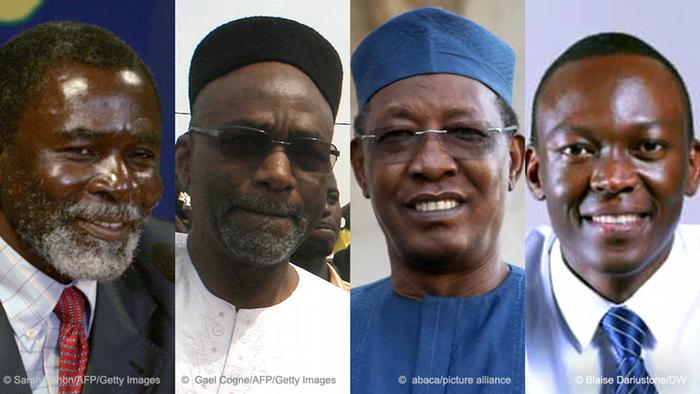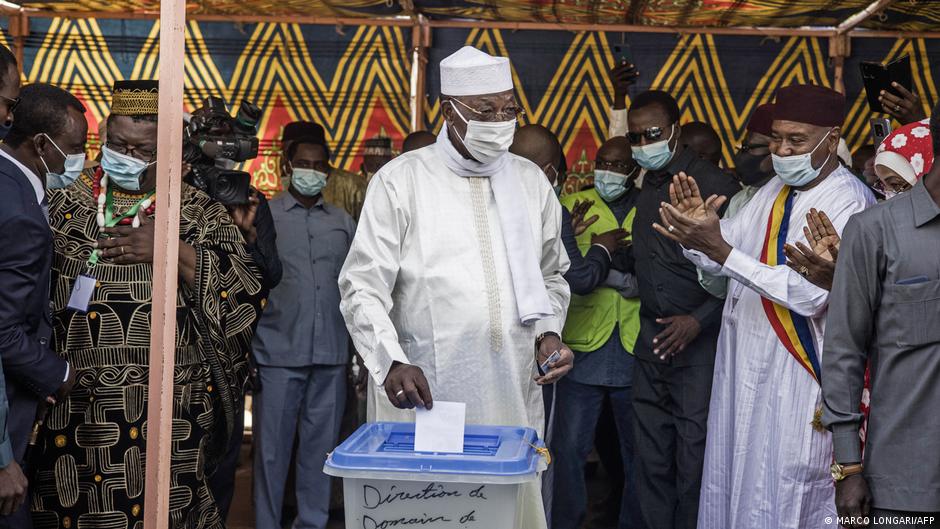UPDATE: Chad’s President Idriss Deby has died, the country’s military has announced,
The president was reported Monday to have won a sixth term, died while on the front-line during a battle against rebels who were advancing on the country’s capital, Ndjamena.
The current situation in Chad seems to follow the course of last year's coup in Mali. So are expected violent protests and even a violent takeover.
Starting with the political situation and the fact that the current president has been in this position for over 20 years. As columnist Stephen Kafeero agreed, focusing on the incumbent president's role, writing for Quartz Africa: "Chad is a classic example of what elections under authoritarian regimes often look like. There is limited space for competition against the interests of the incumbent Idriss Déby who has a firm grip on all branches of government and other key stakeholders like the media."[1]. After the protests from February 2021, when Déby announced that he would run for a sixth term and he dispatched his security forces to disperse them immediately, the population has reached the limit of patience and the insurgents could take advantage of this aspect.
The security situation in Chad can escalate fast, taking into account the actions of a group from FACT (Front for Change and Concord in Chad) who took over a garrison in the north of the country, on election day.There are some rumors about the fact that Haftar s foreign fighters will cross to Chad and join the local militias against the current regime, so the situation can degenerate in a second, and the coup from Mali ca be repeated.
The most acute security problem of Chad remain the actions coming from Boko Haram, which is a Daesh faction. Since early 2015, attacks in Chad by the Nigerian jihadist group Boko Haram have killed hundreds, displaced more than 100,000 and damaged the regional economy of the Lake Chad basin. Violence peaked in 2015 with suicide bombings in the capital and in the Lake region, and has since declined. Chad’s military engagements and its role in the fight against terrorism – around Lake Chad and elsewhere in the region – have brought significant diplomatic gains and de terminated a significant decreasing in number of the victims. Although the government claimed that it eradicated Boko Haram militants from its territory, this is very unlikely.
In the context of the pandemic, the defense capacity of Chadian military forces has diminished and they are struggling to cope with threats from Libya- based insurgents. Chad's counter-terrorism co-operation with its neighbors reduces interstate war risks. Chadian troops are likely to pursue insurgents into Libya to counter Libya-based insurgencies in northern Chad. Chadian insurgents are more likely to provoke civil conflict than popular uprisings, and French troops would likely intervene to thwart civil war attempts.
Regional instability and the precarious situation in Chad's neighboring states, especially Libya, make Chad a difficult country to stabilize in terms of security, with major pressure on security forces and authorities.
The system of government is a precarious one, based on nepotism, in which totalitarianism dictates, so the heavy pace of this country's evolution seems to be maintained in the future.
[1] Kafeero, Stephen (14 January 2021). „These are the key African elections to watch in 2021”.
Post Views: 16,233


